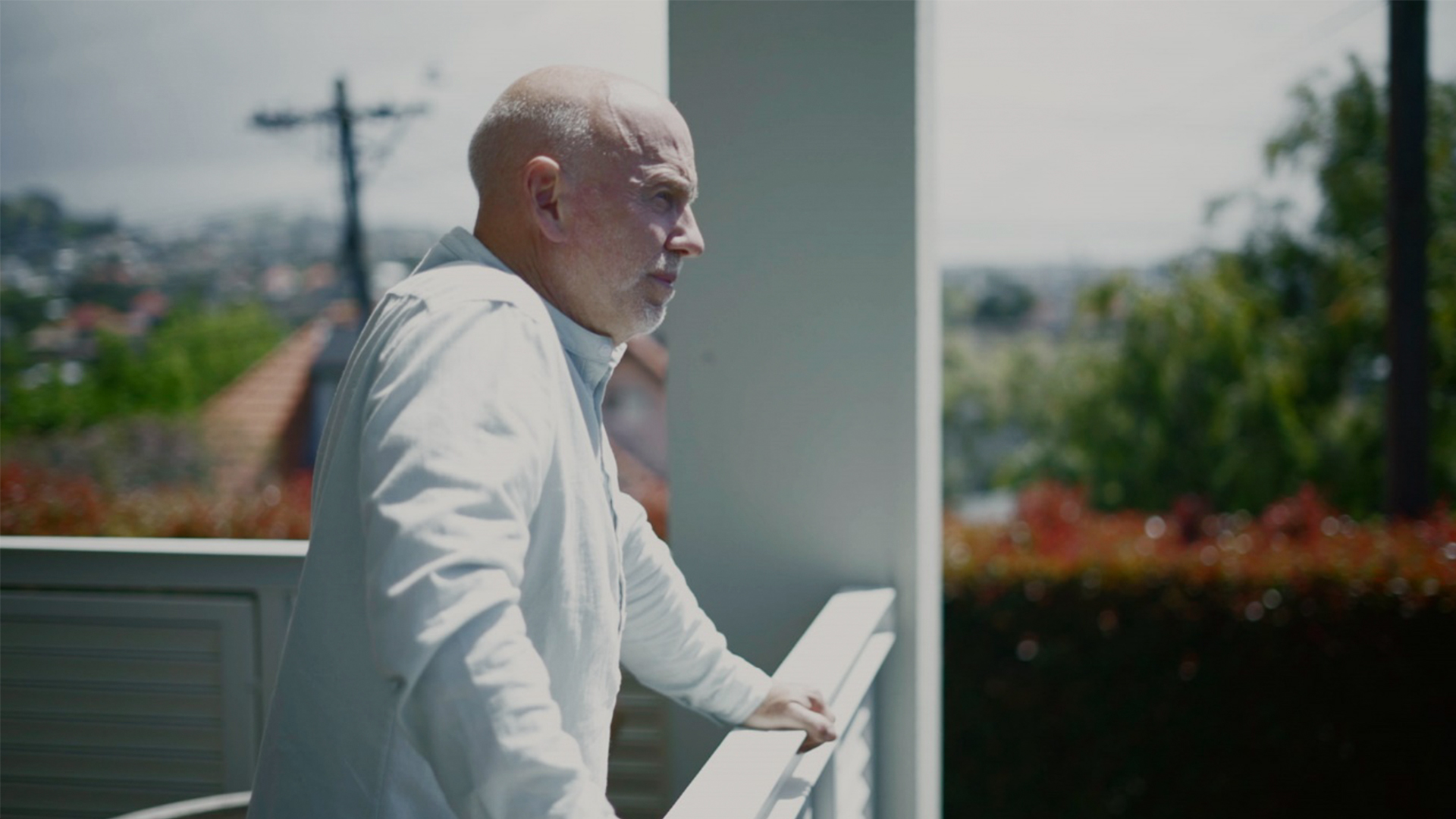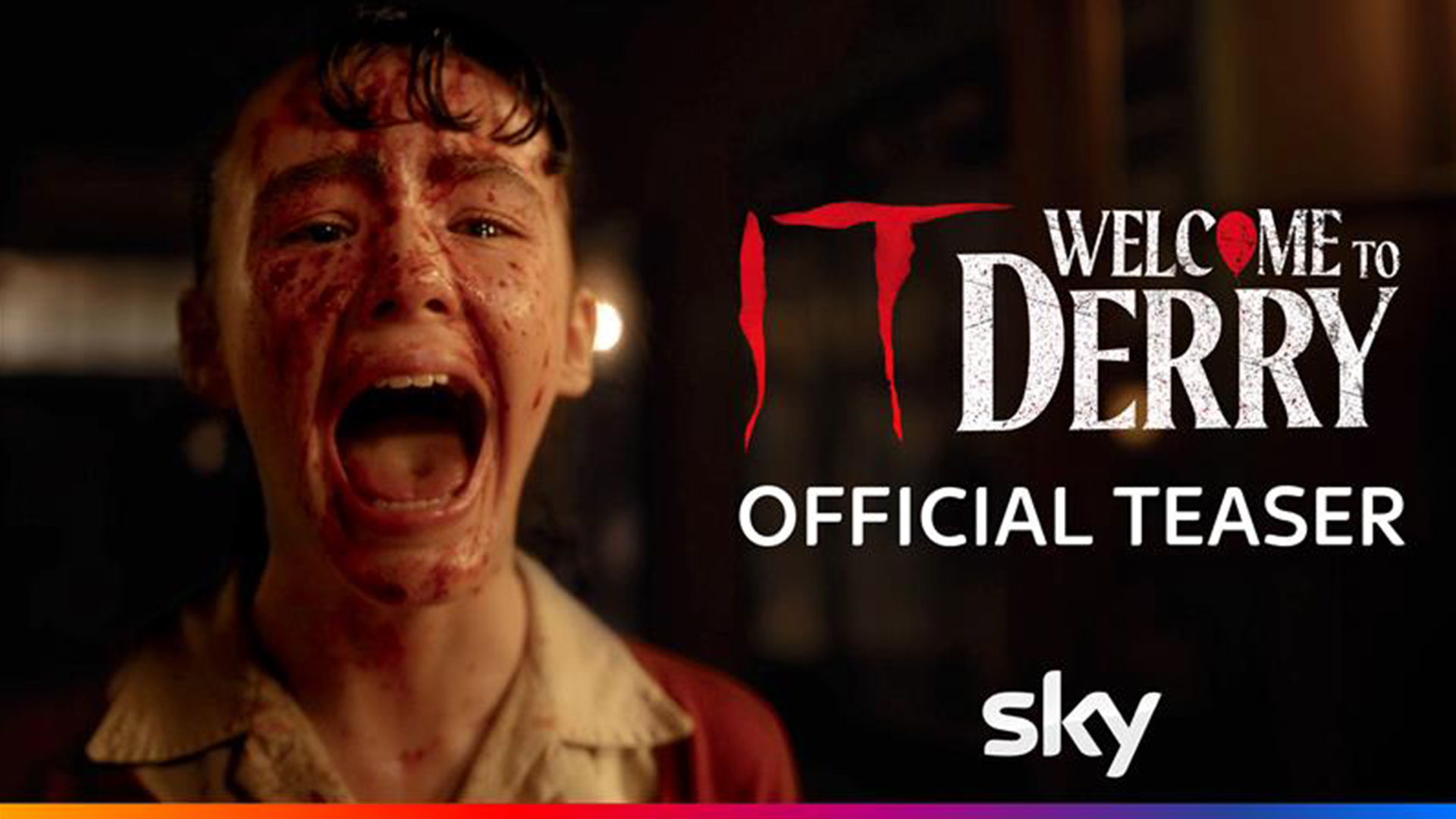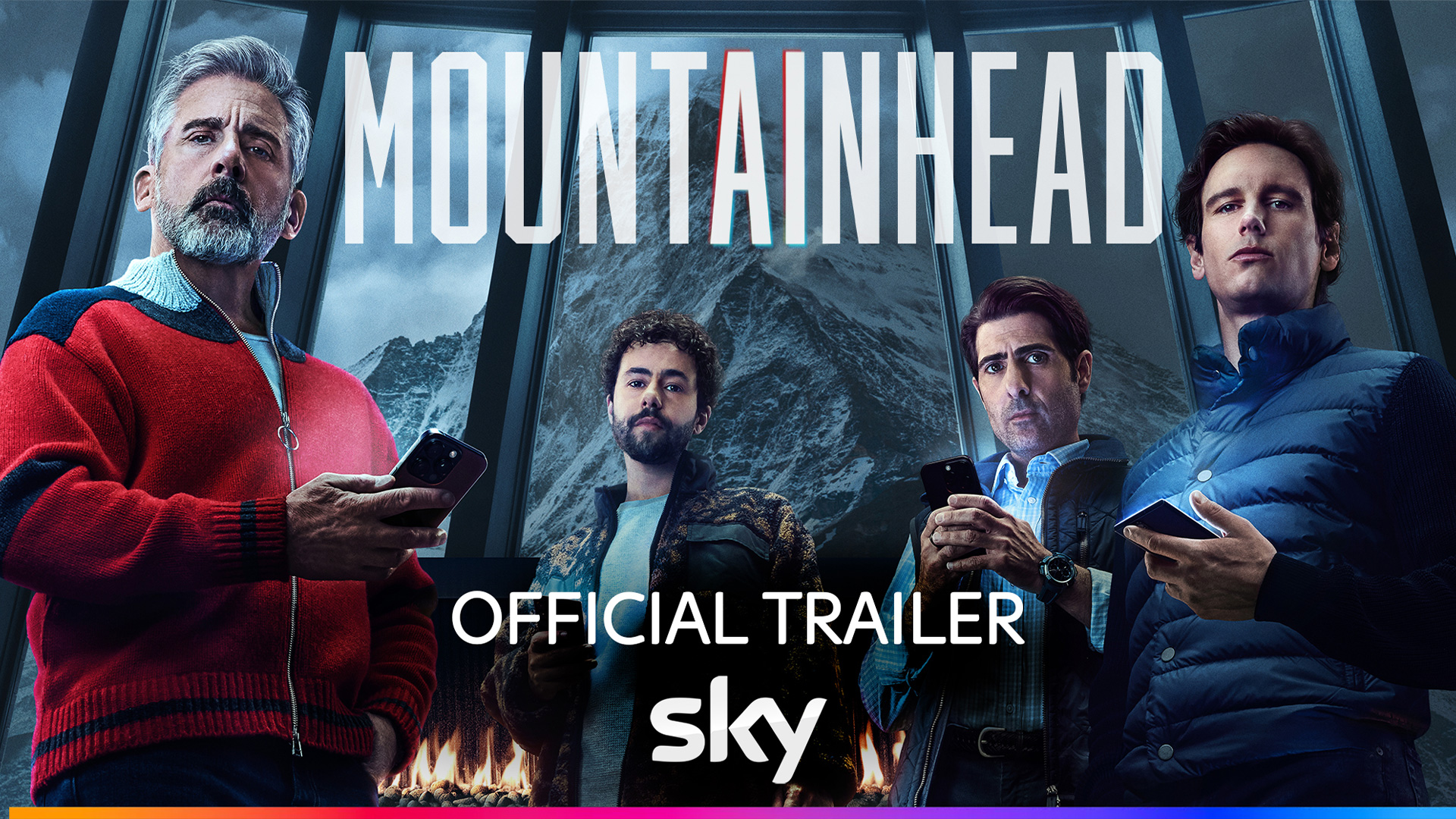Murnaghan 26.05.13 Interview with Peter Clarke, former head of counter terrorism at the Met & Ghaffar Hussain, Quilliam Foundation
ANY QUOTES USED MUST BE ATTRIBUTED TO MURNAGHAN, SKY NEWS
DERMOT MURNAGHAN: Now then, this morning’s newspapers are full of more details about the two Woolwich terror suspects. The revelations raise questions about our intelligence services, what did they know, what did they do and could they have prevented Wednesday’s brutal attack? Well I’m joined now by Peter Clarke, he was the head of Counter Terrorism with the Metropolitan Police from 2002 to 2008 and from Birmingham by Ghaffar Hussain from the Quilliam Foundation, an anti-extremist think tank. You first, Peter Clarke, it’s a question we can’t answer, can we, could this have been prevented? Nevertheless, it seems these two suspects did come across the so-called radar of the intelligence services.
PETER CLARKE: Well there is an extent to which you could say it would have been even more worrying if they hadn’t been somewhere on the radar. The whole point is, it is a question of assessment. Some time ago the Head of M15 at the time, Jonathan Evans, said that you have to take into account all the information that’s available and you have to make a judgement about who poses a threat to the public. He expressed it as you have to deal with the crocodiles nearest the boat and that’s a simple fact, you have to make judgements, assessments and then deploy what resources you have – and they are far from limitless – against those people who are assessed to be the most threat.
DM: Nevertheless there are lessons to be learned, clearly, from what’s happened here and is the very big, important question here for the family of Lee Rigby, they need to know answers to some of these questions and they want them as soon as possible.
PC: I think that is absolutely right. Remember, the same questions were asked after 7/7, could it have been prevented, because some of the people there were indeed known to the authorities but it took near enough six years until the Coroner’s inquest came to the conclusion that actually the attack couldn’t have reasonably have been prevented. Throughout that time the injured, the relatives of those who lost their lives and were injured were left wondering whether it should have been prevented. Now I think in this case the family really need to know much sooner, as soon as possible, so I think it’s very good that this week there will be a report to the intelligence and surveillance committee of Parliament.
DM: Let me bring in Ghaffar Hussain there from Birmingham. Ghaffar Hussain, do you feel somehow that clues were missed and some of the clues came from within the Muslim community itself?
GHAFFAR HUSSAIN: Certainly this case, it is quite clear this individual was known to the intelligence services, he travelled to Kenya to try to join up with a terrorist organisation there, he had attended many rallies with a banned extremist organisation and so the intelligence services should have kept a tab on him, so I think there has been failings. Of course they have done a great job over the last four or five years but there has been quite clear failings in this case and I don't think it is good enough to say that there was a lack of resources because they should have the resources to protect the public, that’s something that should be prioritised, so I think in this case there has been failings.
DM: Is it all down to the intelligence services to police and investigate things like this or isn’t it also down to decent thinking people around them, who may come into contact with people like these, to say to someone in authority, I’m a little bit worried about what they might do?
GH: Ultimately the responsibility does come down to the security services, it is their job to prevent these kind of attacks from happening. They’ve got the powers, they’ve got the authority and the ability to prevent it, they have got the ability to follow people, monitor people. Ordinary members of the public don’t have those powers, don’t have that ability. What they can do is report concerns and I don't know if concerns have been reported with these two particular individuals, I suspect they have because they were known radicals and they were quite open about their views, they weren’t exactly necessarily hiding them, and people should come forward when they encounter these kinds of views but it is sometimes difficult for ordinary members of the public to tell whether it’s just bluster or how serious someone is, whether they are planning an attack or not but security services, they should have that kind of information and we’ve seen previous plots, they have actually monitored and bugged people they were concerned about. They have the intelligence to make a move whereas ordinary members of the public don’t.
DM: Peter Clarke, people who operate like this or seem to have operated like this, often dubbed lone wolves, they are very, very hard for the security services to really identify.
PC: Well obviously it’s very difficult to assess the intentions of an individual as opposed to perhaps a terrorist network where it might be easier through collective monitoring of that network to understand what it is, the threat is that they actually pose, but I find the concept of lone wolf a difficult one because clearly these people this week weren’t lone wolves, we know that they associated with other people with a similar way of thinking and the thing is that underpinning everything they do, there is an ideology. So when you are attacking a network, you are attacking an organisation or structure but when you’re looking at individuals, you have to understand how far they have been poisoned, how far their actions have been influenced by the pernicious ideology that violent extremism has.
DM: But it is much more difficult to identify that isn’t it, more difficult to identify that chain than if terrorists were planning a bombing spectacular where they just need the practical armaments and then you look at the supply chain and you can identify those. You are looking for ideas here.
PC: That is exactly right, that is why it is so difficult and why as Sadiq Khan said a few moments ago, the authorities need to have the full range of proportionate powers available and to try and assess and understand and prevent terrorist attacks.
DM: Let me bring Ghaffar Hussain back in on that because this goes to the core of it doesn’t it, the issue of radicalisation. What more can the Muslim community do about the issue of these preachers, the so-called hate preachers of ideas that really run counter to the views that more or less everybody else has?
GH: Unfortunately there will always be a minority of individuals in any community that will have extremist views, will have views that the vast majority of people reject and wish to challenge. Within the Muslim community and Muslim communities in the UK, there are challenges around Imams not being able to speak English, about women not having access to mosques and other challenges as well within communities. These are communities in many cases that are within deprived areas, still struggling to integrate and adapt to British life if you like, so there are challenges there but it has been a battle for 20 years, there has been this kind of battle been ranging with Muslim communities between extremists on one hand and those that reject that extremist politicised violent view on the other hand. So more needs to be done, yes. Local authorities, governments, civil society activists, political activists, journalists, everyone needs to do more, everyone needs to come out and challenge these ideas openly. There needs to be a civil society led challenge to undermine extremist ideas wherever they come from.
DM: Ah, where do you stand then, when you say and talk about challenging these ideas openly, where do you stand then on giving airtime, giving the oxygen of publicity to those that do have very radical views? Do you think they should be out in the open and be openly challenged or they shouldn’t be allowed to be expressed in public?
GH: There is a balance here between challenging extremist views and freedom of speech. If someone isn’t breaking the law they should be allowed to express their views, however, as I think one of your previous guests said, the media has been a bit irresponsible here by reading out Anjem Choudary on a regular basis and asking him his views on this topic. This is an individual that most people find repulsive and to wheel him out and to seek his views and his perspective on the world is really not helpful. So we need to know what people think, we need to be able to challenge those views but to give an uncritical platform to a hate preacher I think is very, very dangerous and misleading.
DM: And just one last thing Peter, would you go along with that or go even further? Those of us sitting here remember the days of the old Sinn Fein speech ban and all that, do we need something formal, some legislation perhaps to stop people expressing these views?
PC: Well there is legislation that can deal with some of this but of course Anjem Choudary is very, very careful not to step over the line because he knows full well that if most of the time if he actually said what he meant he would be arrested, prosecuted and put in jail. Now many people think that’s where he should be but he is very careful about this, he has a legal background himself, he knows where the boundaries are and he is exploiting them.
DM: I want to ask you both as well about the other issue that has really raised its head after this which is the revival of the Data Communications Bill, the so-called snoopers charter. Where do you stand on that Peter Clarke, from your side of the fence, from your background?
PC: During the six years near enough that I was in charge of the police side of counter-terrorist investigations I can’t remember a single case where data communications was not a vital part in either preventing an attack or leading to prosecution and that includes the airlines plot in 2006 when several thousand people could well have been killed had we not had access to the full range of surveillance capabilities and communications data is one part of that. So I actually fully subscribe to the views expressed this week by some very eminent people – Lord Reid, former Home Secretary, Lord Carlile, former independent reviewer of terrorist legislation who probably knows more about this than almost anybody and Lord West, former security minister, I agree with them that it’s important that the Bill should be looked at and as quickly as possible and the intelligence agencies and the police be given the opportunity to actually keep up with modern technology because that’s all that this Bill is about.
DM: So would you underline what Bernard Hogan-Howe, the current Met Commissioner, said last year that it is a matter of life and death, would you go that far?
PC: Yes, it’s quite a dramatic way of putting it but essentially, yes, if the ability to stop terrorist attacks is there then clearly potentially it could be a matter of life and death.
DM: Ghaffar Hussain, your view on that Data Communications Bill, the snoopers charter, do you think it might be misused and perhaps target individuals, people from different communities, disproportionately?
GH: There is dangers of going over the top and becoming an Orwellian like state but I think what does need to happen is that individuals who have come on the radar for openly espousing extremist views or, in this case actually seeking to travel abroad to join an extremist organisation, openly attending rallies denouncing ordinary Muslims and mainstream society and openly expressing views that are quite clearly bigoted and violent, those sorts of individuals do need to be monitored and I think it’s not unreasonable to follow such individuals and follow their communications but I don't think an open system where you just monitor everyone’s emails and text messages, I think that’s quite dangerous and is probably taking it a bit too far.
DM: Okay, Ghaffar Hussain thank you very much indeed and our thanks to Peter Clarke here in the studio, good to talk to you both.




